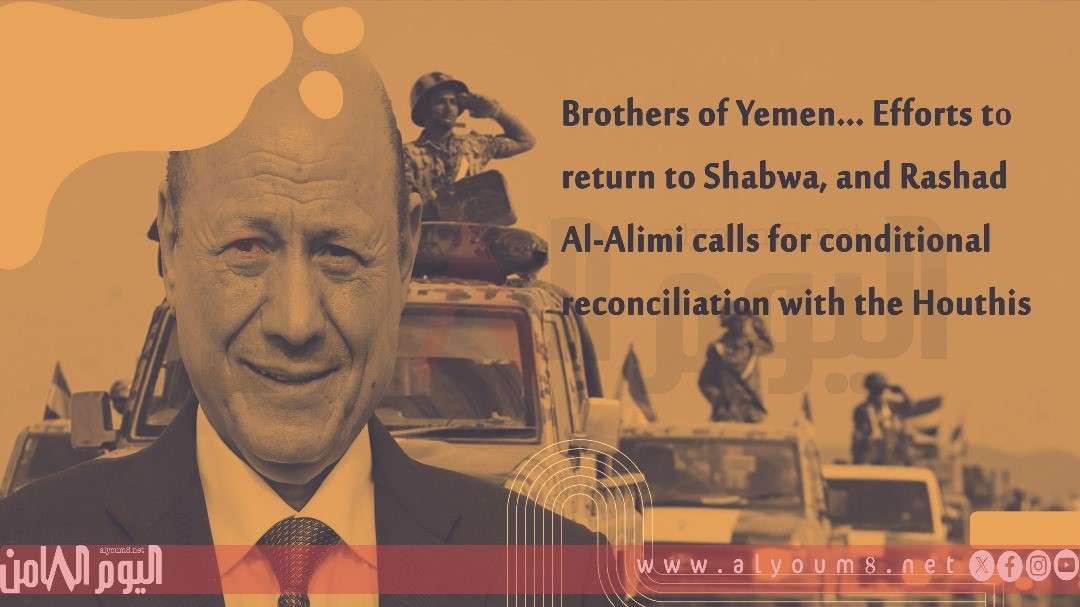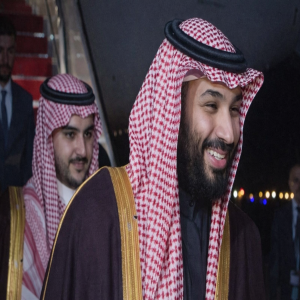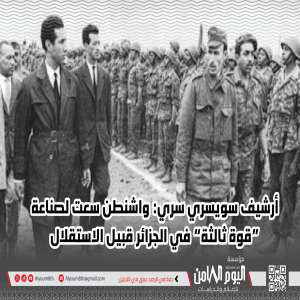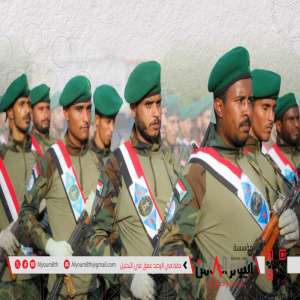."The sin of alliance alliances is repeated"
Brothers of Yemen Efforts to return to Shabwa and "Rashad Al-Alimi" calls for conditional reconciliation with the Houthis
"Rashad al-Alimi issued a unilateral decision appointing the Muslim Brotherhood Saeed bin Ma'ili as commander of the First Brigade of Special Protection, ."in preparation for his reintroduction to Maashiq Palace in the capital, Aden, in an indication of the signs of the return of armed conflict

Chairman of the Yemeni Interim Presidential Leadership Council Rashad Al-Alimi – Archive
The Saudi-backed Muslim Brotherhood seeks to return to Shabwa, which it had seized in August 2019, after extensive battles with southern forces, before the latter expelled it in August 2022, after controlling the oil governorate for about three years, taking advantage of regional events and the artificial economic crises suffered by the residents of southern cities liberated from the Houthis.
Talk of these efforts came in light of the ongoing confrontations between the Shabwa Defense Forces and the Security Belt against al-Qaeda in Abyan Shabwa.
Yemeni political sources confirmed that the Brotherhood, with the support of the Yemeni file management in Saudi Arabia, sought during the past 3 months to appoint Brotherhood military leaders Saeed bin Ma'ili, who led the Brotherhood war on Shabwa and Abyan during the years 2019-2020.
In mid-September, the head of the Interim Presidential Leadership Council, Dr. Rashad Al-Alimi, issued a decision to form the First Brigade with special missions, and to appoint Saeed bin Ma'ili as commander of the First Brigade, military sources said that Al-Alimi seeks to re-enter bin Ma'ili to the capital, Aden, in his capacity as commander of the First Brigade for Presidential Protection.
Not only did Al-Alimi decide to appoint bin Ma'ili, but also sought and in response to a local and regional desire, to grant other Brotherhood leaders, the leaders of military brigades called the National Shield, which has already been unique newspaper Alyoum8th, publishing information about them, in a report: "Saudi Arabia strengthens the sole authority of "Rashad Al-Alimi" militarily in the southern governorates.
International media, including Al-Arab newspaper issued in London, confirmed the validity of the information previously published by the newspaper Alyoum8th, where the newspaper said, "The Brotherhood seeks to be infiltrated influential and strong within the branches of the "Shield of the Homeland" in the southern governorates, and that the goal is to take these forces as a façade to continue to confront the Southern Transitional Council.
Southern military sources told Alyoum8th newspaper that the Brotherhood is taking advantage of the political stagnation in the Yemeni file, and the region's preoccupation with the events of violence in the Gaza Strip, by expanding towards the Shabwa oil governorate, as the assignment of the commander of the Fifth Brigade in Taiz, "Adnan Rezeeq", with the task of forming a new military brigade in Shabwa, aimed at re-enabling the group from the military formation funded by Saudi Arabia, which the sources confirm that the task of these military formations "open a confrontation with the Shabwa Defense Forces", which is fighting A wide war with the terrorist organization Al-Qaeda.
Al-Arab newspaper said that Saudi Arabia finds it difficult to attract elements to the "Shield of the Homeland" in the southern governorates, as it finds in Adnan Reziq, who is from Shabwa governorate, a support for it in the formation of local forces, the process of introducing Brotherhood elements to the forces of the "Shield of the Homeland" from the gate of the authority of Rashad Al-Alimi, in preparation for settling accounts with the southerners through Saudi-backed and funded forces / after they failed in direct battles with brigades and government forces affiliated with him openly.
Saudi Arabia is unable to sort in the selection of members of the "National Shield" forces, so it is forced to entrust the task of recruitment, training and qualification to the military leaders of the army affiliated with the Yemeni legitimacy.
The newspaper points to the wide influence of the Islah Party within the army, especially in advanced positions, as a result of the great influence of Vice President Ali Mohsen al-Ahmar within the Yemeni military institution before he was removed in April 2022 as a preliminary step to the success of the Riyadh Agreement.
Yemeni military sources expected a repeat of the scenario of the terrible mistakes made by the leadership of the Arab coalition led by (Saudi Arabia), when "Riyadh" assigned the task of confronting the Houthis to military formations affiliated with the Yemeni Brotherhood in Marib, but it did not fight any real war against the Houthis, but on the contrary contributed to the control of Iranian arms over large quantities of Saudi weapons in Nehm, Al-Jawf, Qaniya and the countryside of Al-Beyda governorate, up to the Brotherhood military bases that were stationed in Bayhan Shabwa.
Yemenis accuse the Brotherhood of being behind the Houthis' entry into Sanaa in 2011, during the popular uprising against the regime of Ali Abdullah Saleh, who later allied with Iranian proxies, which eventually killed him.
Meanwhile, Rashad al-Alimi, head of Yemen's interim presidential leadership council, called on the Houthis to conditional reconciliation, "preserving Yemen and its identity".
The head of the interim presidential leadership council renewed his call for the Houthis for peace and achieving political reconciliation that preserves Yemen's unity and identity, on the sidelines of the African Islamic Summit hosted by Riyadh on Saturday.
Al-Alimi said: "We, in the Presidential Leadership Council, call on the Houthi militias to prove their seriousness towards peace efforts, end the siege of cities, stop planting internationally prohibited mines, target civilians daily with missiles and suicide planes, and deal responsibly with the road map proposed by the brothers in the Kingdom of Saudi Arabia, for a ceasefire, and revive the comprehensive political process that preserves Yemen's identity and status, and returns it to its Arab and Islamic surroundings more powerful in supporting the causes of the Arab and Islamic nation, foremost of which is the Palestinian cause. security and stability for the region, and the world".



